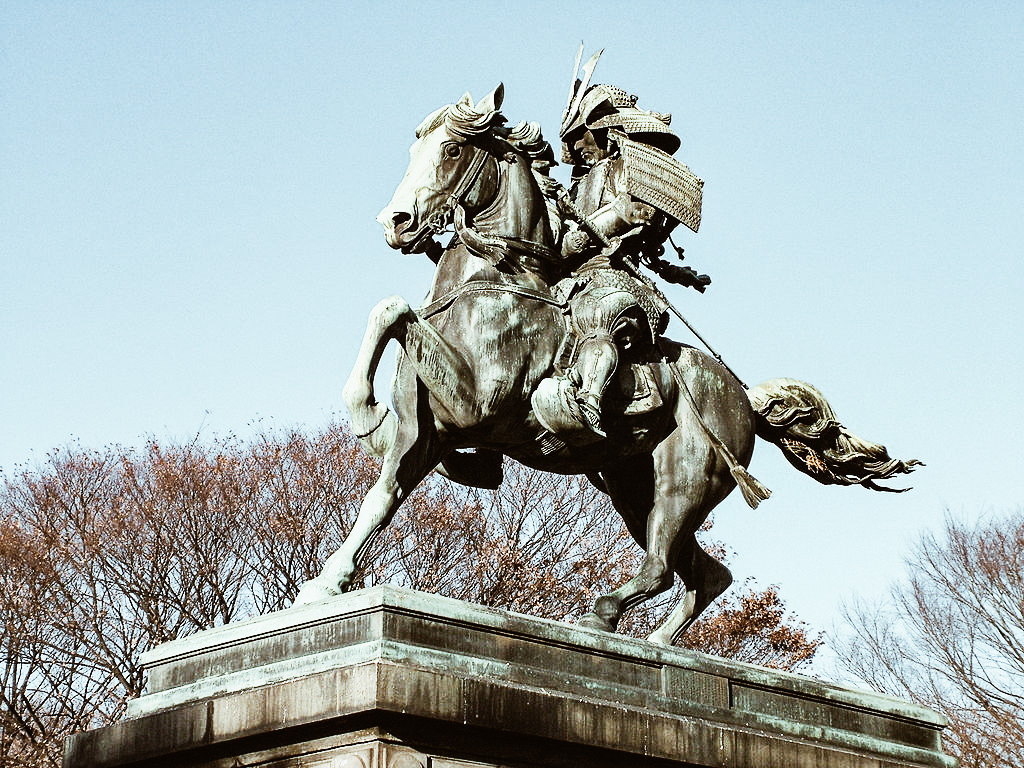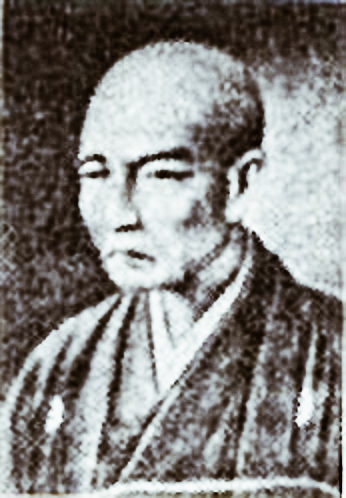Yamamoto Tsunetomo, the samurai philosopher
Author: SaiKaiAngel | translation: Erika
Yamamoto Tsunetomo (1659 – 1721), also known by the Buddhist name Yamamoto Jōchō was not only a military man but also a great philosopher. We decided to talk about this Samurai also because of his importance in the literary field.

photo credits: wikipedia.org
The life of Yamamoto Tsunetomo
Samurai of Saga Prefecture in the province of Hizen (Kyūshū), he entered the service of Mitsushige Nabeshima at the age of 9. At the age of 20 he met the Buddhist monk Tannen, who had left the temple in protest of the condemnation of another monk, and Ishida Ittei, a Confucian scholar counselor of Nabeshima who had been exiled for more than 8 years because of his opposition to the decision of a daimyō.
In 1700, at the death of his patron, he did not choose to accompany him in his death with seppuku, because Nabeshima had always condemned that practice, so he decided to continue to respect his will. Yamamoto Tsunetomo decided to take Buddhist vows and take the name Jōchō by retiring to a hermitage in the mountains after some problems with Nabeshima’s successor.
After becoming a Buddhist monk of the Zen sect Sōtō, between 1709 and 1716 with his student Tashiro Tsuramoto, he composed the Hagakure, the work on the spirit and the code of conduct of the samurai. Tsunetomo asked the disciple never to publish these thoughts but to set the book on fire, but the young Tsuramoto decided to make it public under the name of Nabeshima Rongo, or “the Nabeshima Dialogues.” The book was adopted for centuries as a code of the Samurai and was only printed in 1906 with the title Hagakure (“In the shade of the leaves”).

photo credits: amazon.com
Hagakure’s main theme is death, not as the end of life, but as the elimination of the ego. Hagakure is a collection of moral principles and advice as behavioral norms and historical news. This book contains some rules of a simple nature, for example “how to dismiss a servant”, while others are part of Bushidō, of that set of principles that constituted for centuries the ethics of all Japanese people.
The book written by Yamamoto Tsunetomo, which is originally 11 volumes, has never been fully translated because it is often very specific about Japanese culture to be difficult for Italians to read.
The Hagakure became one of the most famous texts on bushidō around the 1930s.
Some of the most famous phrases in the book
“I have discovered that the Samurai Way is death: you must prepare for death from morning till night, day after day.”
“The Samurai Code is to be sought in death. Meditate daily on its ineluctability. Every day, when nothing disturbs our body and our mind, we must imagine ourselves torn by arrows, rifles, spears, and swords, swept by impetuous waves, wrapped in flames in an immense bonfire, electrocuted by a lightning bolt, shaken by an earthquake that leaves no escape, plunged into an endless precipice, agonizing over an illness or ready to commit suicide for the death of our Lord. And every day, unfailingly, we must consider ourselves dead. This is the essence of the Samurai’s Code.”
“Every morning and every night we should continually think about death, feeling we’ve been dead forever; in this way, we’ll be free to move in any situation.”
“We can maintain good relationships with others by giving them the importance and avoiding misunderstandings with good manners and with true humility, doing things well even when they are not useful to us but to others as if it were the first time we meet.
“Those who are impatient end up ruining everything and fail to accomplish great things. Those who do not care about time will complete their mission very quickly.”

photo credits: wikipedia.org
Share this:
- Click to share on Facebook (Opens in new window)
- Click to share on Twitter (Opens in new window)
- Click to share on Tumblr (Opens in new window)
- Click to share on Pinterest (Opens in new window)
- Click to share on Telegram (Opens in new window)
- Click to share on WhatsApp (Opens in new window)
- Click to share on Reddit (Opens in new window)
- Click to print (Opens in new window)






